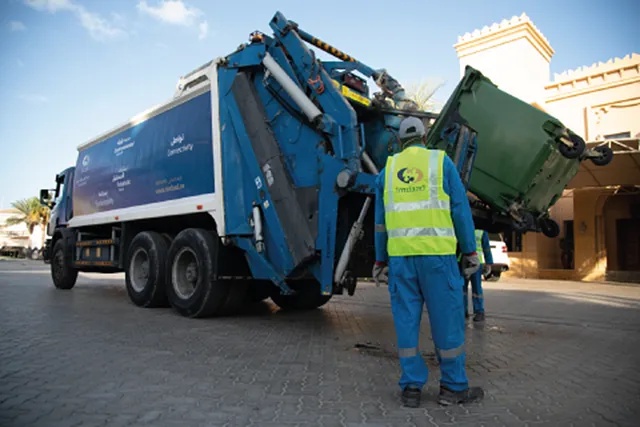Material Recovery Facilities (MRFs) play a pivotal role in waste management, but their impact extends far beyond the realms of sorting and recycling. This article takes a closer look at how MRF recycling empowers communities, exploring the social impact that reverberates through neighborhoods, fostering a sense of responsibility and sustainable living.

1. Local Employment Opportunities:
One of the immediate and tangible ways MRF recycling empowers communities is through the creation of local employment opportunities. MRFs, often situated within or near communities, become sources of job opportunities. From sorting and processing roles to managerial positions, the facility becomes an employment hub, injecting economic vitality into the community. This not only provides livelihoods but also strengthens the social fabric by fostering a sense of community pride and contribution.
2. Education and Awareness Initiatives:
MRFs, by their nature, become educational hubs within communities. They offer insights into waste management processes, recycling practices, and the importance of responsible waste disposal. Community members, especially the younger generation, benefit from educational programs conducted by MRFs. Workshops, facility tours, and outreach programs contribute to raising awareness about sustainable living practices, influencing behavioral changes that resonate beyond the individual to the entire community.
3. Community Engagement Programs:
MRFs actively engage with the community through various programs, fostering a collaborative approach to waste management. Community clean-up events, recycling drives, and participation in local events create a sense of shared responsibility. MRFs become catalysts for community cohesion, encouraging residents to take an active role in environmental stewardship. The sense of collective achievement in contributing to recycling goals strengthens community bonds.
4. Supporting Local Initiatives:
MRFs often collaborate with local initiatives, businesses, and organizations, amplifying the impact of community-led sustainability efforts. Whether it's partnering with local schools for recycling competitions or supporting grassroots environmental projects, MRFs become integral supporters of initiatives that align with community well-being and environmental consciousness.
5. Inspiring Sustainable Practices at Home:
The influence of MRF recycling goes beyond its physical premises. As community members witness the processes and efforts invested in recycling, it inspires sustainable practices at home. Families become more conscious of their waste generation, recycling habits improve, and a broader culture of environmental responsibility takes root. MRFs act as living examples of how a community-driven approach to waste management can bring about positive change.
6. Socially Responsible Corporate Practices:
Many MRFs operate as part of larger corporate entities with a commitment to social responsibility. This extends the social impact to a corporate level, with initiatives that support community development, education, and well-being. Corporate-sponsored programs and investments in community infrastructure further underscore the holistic approach MRFs take towards empowering the communities they serve.
7. Community Feedback and Collaboration:
MRFs actively seek feedback from the community, fostering a collaborative relationship. Community input becomes invaluable in refining recycling programs, addressing specific needs, and ensuring that the facility aligns with local expectations. This collaborative approach not only enhances the effectiveness of recycling initiatives but also reinforces the idea that waste management is a shared responsibility.
Conclusion: Empowering Communities for a Sustainable Future:
In conclusion, the social impact of MRF recycling extends far beyond the mechanical processes of sorting and recovery. These facilities become integral parts of communities, empowering them economically, educationally, and environmentally. The ripple effect of MRF recycling is evident in the strengthened community bonds, the rise of environmentally conscious practices, and a shared commitment to a sustainable future. As MRFs continue to evolve, their role in community empowerment becomes increasingly vital, shaping neighborhoods that actively contribute to the global movement towards a greener, more sustainable world.
Website - https://www.farz.ae/


No comments yet